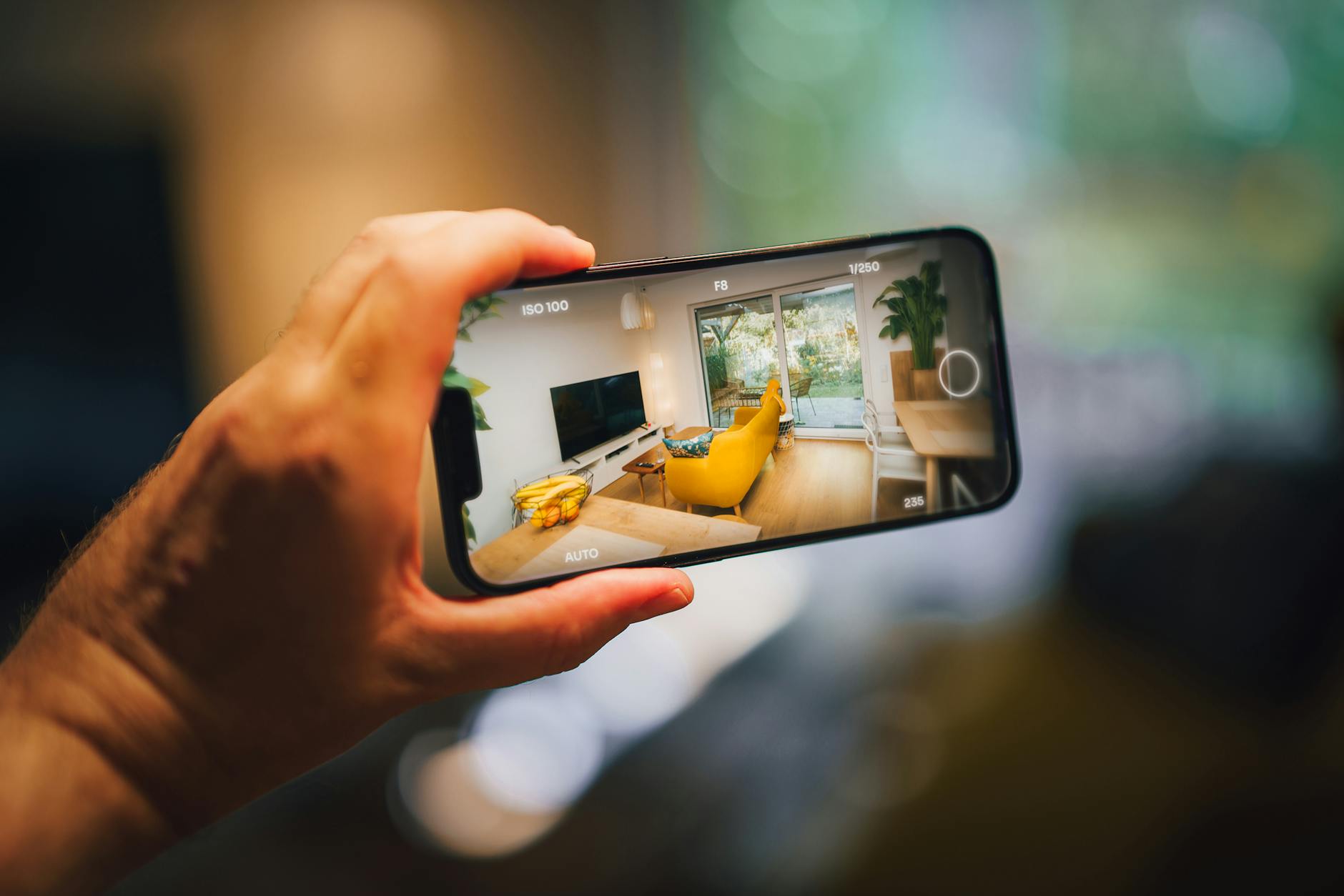The Roundtable: Are We Playing God, or Just Practicing Good Medicine?

Editor's Note: Welcome to our monthly roundtable discussion. Each month, our five student editors will come together to debate a major issue shaping our world. This transcript has been lightly edited for length and clarity.
Yehee Jung: I want to start our first discussion of 2025 with what I think is one of the most significant scientific stories of our lifetime. In late 2023, the first-ever therapies based on CRISPR gene-editing technology were approved. We now have a clinical, effective "cure" for sickle cell disease. This is no longer science fiction; we can now directly edit the human genome to treat disease. As our science editor, I'm obviously incredibly optimistic about the potential here, but I know it also brings up some huge questions.
Anthony Min: Let's start with the most immediate question: the price. The first of these therapies, Casgevy, has a list price of $2.2 million per patient. The second one is over $3 million. This isn't just expensive; it's a new paradigm of cost that our healthcare systems are not built to handle. From a purely financial perspective, the question is not just "can we cure these diseases?" but "can we afford to?" A single patient's treatment could bankrupt a small hospital or an insurance plan. It creates an almost impossible economic and ethical dilemma.
Saerom Kim: It feels like the ultimate inequality machine. We've created a miracle cure that, for the foreseeable future, will only be accessible to the wealthiest people in the wealthiest countries. Sickle cell disease disproportionately affects people of African descent, including in many low-income countries where a multi-million dollar therapy is a complete fantasy. It’s a very uncomfortable reality: the people who need the cure the most are the ones who will be last in line to get it, if they ever do.
Yehee Jung: That's the crisis of access, and it's a huge problem. But there's also the deeper ethical question of the technology itself. Right now, this is "somatic" editing, which means the changes are only made to the patient's body cells and are not inherited. But this same technology opens the door to "germline" editing—making changes to an embryo that would be passed down through all future generations. That's the line that really gives people pause. It’s the door to "designer babies" and a future where we could fundamentally alter the human gene pool.
Minwoo Jung: From a political and national security perspective, the germline editing question is the most important one. You have to assume that what can be done will eventually be done by someone. What happens when a rival nation begins a state-sponsored program to enhance the cognitive or physical abilities of its population? It sounds like science fiction, but it's a conversation that is happening in very serious national security circles. It could trigger a kind of biological arms race that makes the nuclear arms race look simple by comparison.
Yonghyuk Choi: It's fascinating how a single scientific breakthrough can ripple through every aspect of our society. In sports, you can immediately see the debate this will cause. What's the difference between using this technology to cure a disease and using it to enhance athletic performance? If we can edit genes to create stronger muscles or better endurance, is that still sport? It completely blurs the line between therapy and enhancement, and I don't think any of the existing anti-doping agencies are remotely prepared for that conversation.
Anthony Min: And that brings it back to the money. The first uses will be therapeutic, but the real market, the multi-trillion dollar market, will be in enhancement. If you think the debate over access to a $2 million cure is bad, just wait until we're debating access to a $5 million genetic enhancement that gives your child a better chance of getting into a top university.
Final Thoughts
Yonghyuk Choi: This technology will force us to redefine what is "natural" in sports, and I'm not sure we're ready for the answer.
Anthony Min: The business model for a multi-million dollar cure is a profound challenge to our entire healthcare financing system.
Saerom Kim: This breakthrough is a powerful symbol of both human ingenuity and the deep inequalities that exist in our world.
Yehee Jung: We have opened a biological Pandora's box; we must now proceed with immense caution and a deep sense of ethical responsibility.
Minwoo Jung: The long-term geopolitical risk of a genetic arms race is terrifying, and it's a conversation we need to be having now, not in 20 years.
What do you think? Is gene editing a medical miracle we should embrace, or an ethical Pandora's box we should fear? Let us know your thoughts in the comments below.



